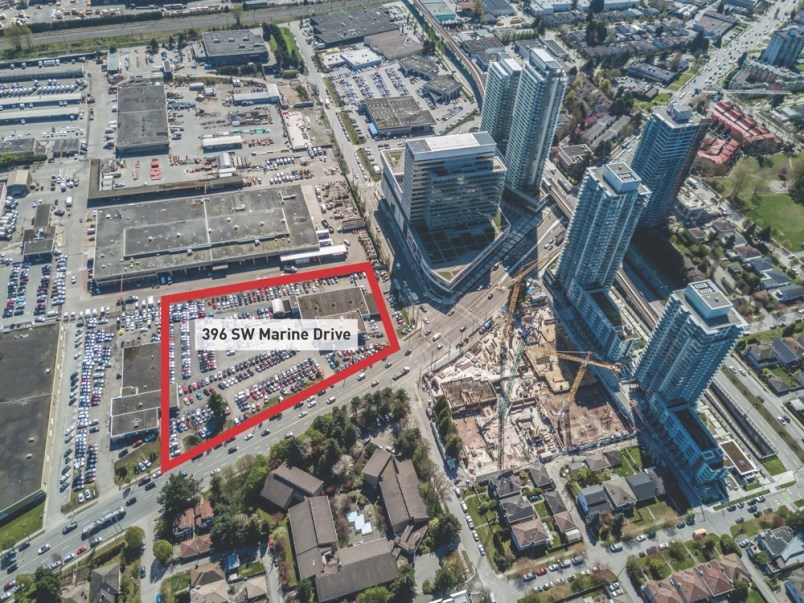Industrial real estate specialist Bruno Fiorvento recently received a three-letter reply when he sent lease cost estimates to a U.S. client trying to acquire 80,000 square feet of Metro ¬È∂π¥´√Ω”≥ª≠industrial space.
The client had scrawled ‚ÄúWTF‚Äù on the returned, unsigned contract, Fiorvento told an industrial panel he moderated during the ¬È∂π¥´√Ω”≥ª≠Real Estate Forum on April 4.
“[The client] said he was taking his business elsewhere,” said Fiorvento, executive vice-president at broker Jones Lang LaSalle (JLL).
That’s the type of response industrial developers are trying to avoid as they grapple with a 200 per cent spike in land costs and a 387 per cent surge in lease rates in the past two years.
Metro ¬È∂π¥´√Ω”≥ª≠now has Canada‚Äôs highest industrial land costs ‚Äî up to and over $10 million an acre in ¬È∂π¥´√Ω”≥ª≠and Burnaby ‚Äî and the highest industrial lease prices at an average of $12.46 per square foot. Industrial strata costs also lead the country, at $350 per square foot on average and cresting over $1,000 per square foot in Vancouver.
The answer is densification, the industrial panel agreed, but getting more industrial space on the same amount of land poses political and cost challenges.
For two of Vancouver’s most active industrial developers, multi-storey industrial and industrial mixed with residential rentals is seen as a possible solution.
PC Urban, which has turned a number of older Metro ¬È∂π¥´√Ω”≥ª≠industrial sites into four-storey light industrial/office space, is taking the concept into heavier-grade industrial with a new project in East Vancouver.
The 120,000-square-foot Interurban Evolution project, on Vernon Drive near the north end of Clarke Drive, will have three floors of industrial and include three freight elevators and a trio of loading docks. The fourth floor will be office space, said Brent Sawchyn, principal of PC Urban.
An automotive body repair firm has bought the 30,000-square-foot ground floor-space and the top floors are being sold at from $750 to $900 per square foot.
Sawchyn said this price is about 40 per cent less than what similar stacked light industrial is selling for in Vancouver’s Mount Pleasant area.
Panel member Tegan Smith, director of planning at Hungerford Properties, said that getting political sign-off on industrial projects is already hard and that trying to get three levels of government — and often a First Nation — on board with an innovative concept would make it even more difficult. She pointed to a 140-acre site in Abbotsford where Hungerford is seeking approval from Fisheries and Oceans Canada, the province, the local municipality and two Indigenous bands for a conventional industrial project.
“Politics and policy are adding to delays and cost,” she said.
But policy can also work in an industrial developer’s favour, as Hungerford attempts a first for Metro Vancouver: a stacked, mixed-use strata industrial-office project topped with more than 100 units of rental housing, which it plans to develop with QuadReal.
The False Creek Flats site at East First Avenue and Main Street falls under specific City of Vancouverzoning, said Michael Hungerford, a partner in Hungerford Properties.
The land is allowed a floor-space ratio (FSR) of 6.0 for the industrial/commercial and 3.5 FSR for the residential.
While aimed at light industrial users, Hungerford said, it would include freight elevators and loading docks.
Smith noted that Metro suburban municipalities, all of which she said are trying to balance more employment space with a dwindling supply of industrial land, are becoming receptive to industrial innovation, from higher density to mixed use.



